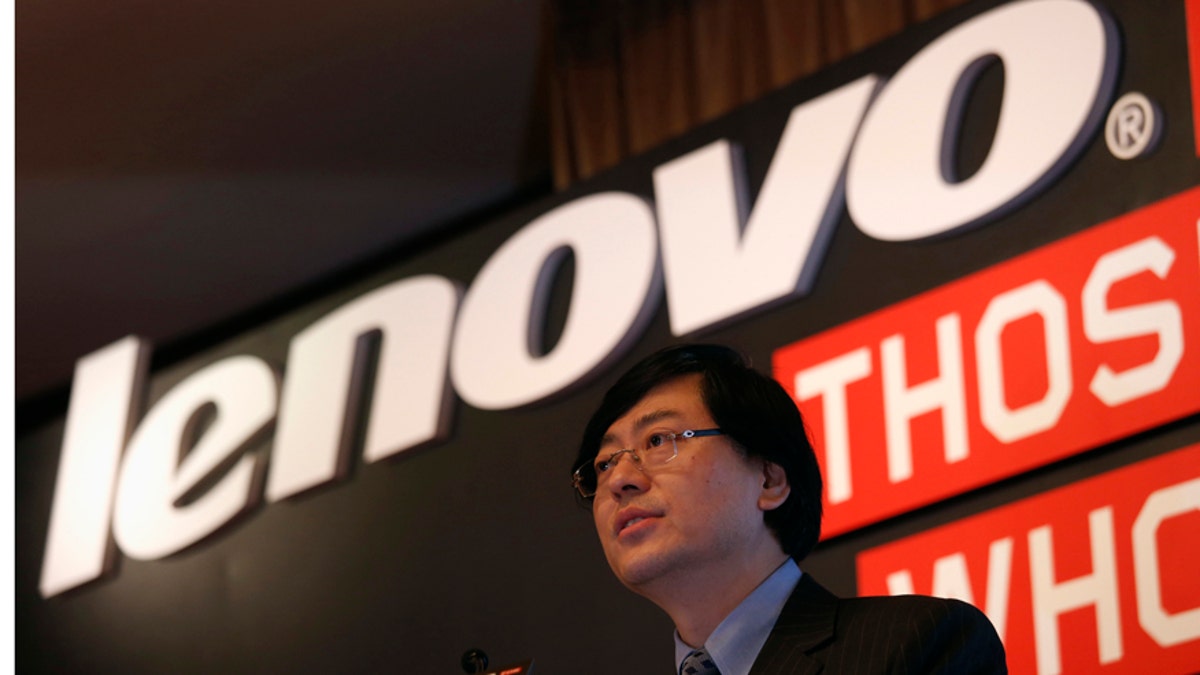
Lenovo Chairman and Chief Executive Officer Yang Yuanqing speaks during a news conference announcing the company's annual results in Hong Kong May 21, 2014. (REUTERS/Bobby Yip)
Well, that didn’t take long. Lenovo is already dealing with lawsuits filed in response to the discovery that adware installed on its computers from the factory can pose a significant security risk.
Two suits have been counted thus far, and both are class-action. The first is from Jessica Bennett, a writer and blogger who noticed the issue before it hit the news. After purchasing a Lenovo Yoga 2 she started to see ads in client websites where she knew they should not exist, leading her to suspect adware had been installed. Bennett’s suit claims invasion of privacy and alleges Lenovo profited by analyzing her browsing habits. The suit also names Komodia, the maker of Superfish, as a defendant.
Related: Lenovo’s CTO apologizes for Superfish adware
The other suit is from Rosen Law Firm, which has opened the case for the obvious reasons; there’s a problem in the news, and money to made in its pursuit. Anyone interested in joining the suit can visit the firm’s official press release for contact information.
Lenovo has not commented on either suit, but it continues to provide new ways to rectify its mistake. Users can now uninstall Superfish either through manual means or through an automatic removal tool.
In addition to this, the company says it is “working with McAfee and Microsoft to have the Superfish software and certificate quarantined or removed using their industry-leading tools and technologies.” That’s an important step, as it will help the many users who don’t stay on top of technology news, and haven’t heard of the problem.








































